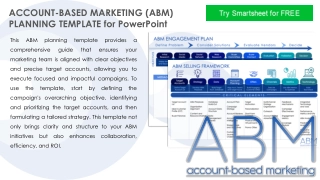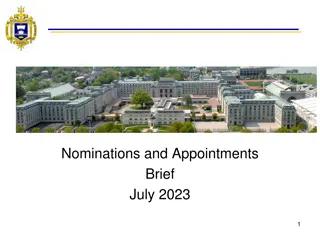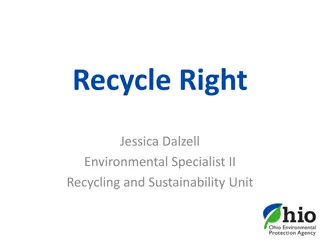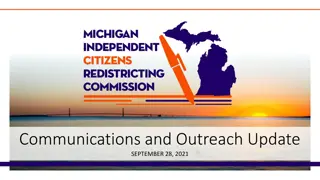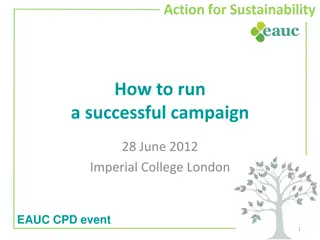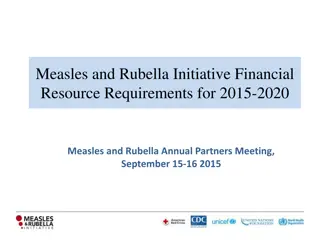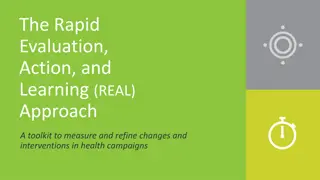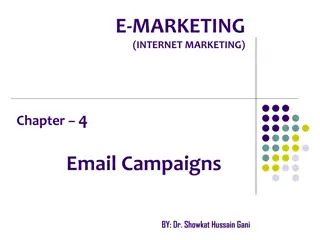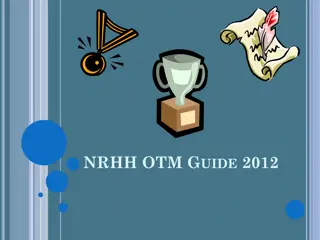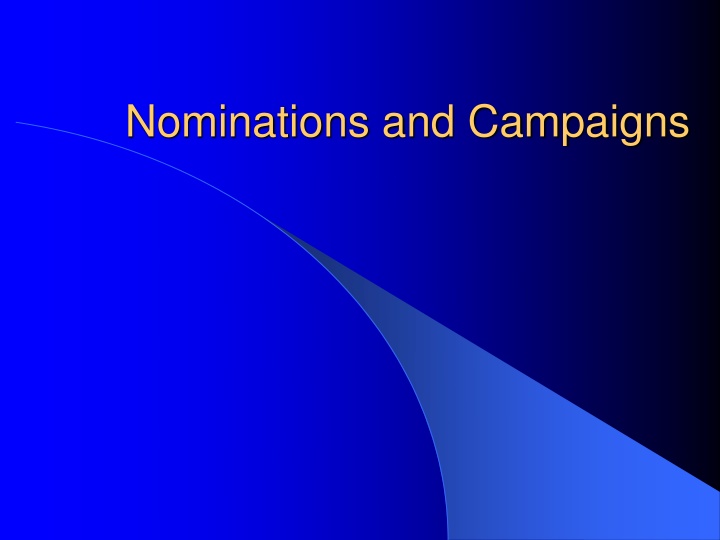
Nominations and Campaigns in the Political Process
Explore the intricacies of nominations and campaigns in politics, including the nomination game, campaign strategies, delegate competitions, and the role of caucuses. Discover the significance of key states like Iowa and New Hampshire, as well as the evolving nature of party conventions. Delve into the complexities of primary elections, delegate selection, and media influence.
Download Presentation

Please find below an Image/Link to download the presentation.
The content on the website is provided AS IS for your information and personal use only. It may not be sold, licensed, or shared on other websites without obtaining consent from the author. If you encounter any issues during the download, it is possible that the publisher has removed the file from their server.
You are allowed to download the files provided on this website for personal or commercial use, subject to the condition that they are used lawfully. All files are the property of their respective owners.
The content on the website is provided AS IS for your information and personal use only. It may not be sold, licensed, or shared on other websites without obtaining consent from the author.
E N D
Presentation Transcript
The Nomination Game Nomination: The official endorsement of a candidate for office by a political party. Generally, success requires momentum, money, and media attention. Campaign Strategy: The master plan candidates lay out to guide their electoral campaign.
The Nomination Game Deciding to Run Campaigns are physically and emotionally taxing. Other countries have short campaigns - generally less than 2 months. U.S. campaigns (especially for President) can last 18 months or more.
The Nomination Game Competing for Delegates The Caucus Road Caucus: Meetings of state party leaders. Used to select delegates. Now organized like a pyramid from local precincts to the state s convention. Not used by many states. Iowa s is first and considered the most important.
The Nomination Game Competing for Delegates The Primary Road Primary: Elections in which voters choose the nominee or delegates pledged to the nominee. Started by turn of the century reformers. Most states use one of the forms of a primary. Frontloading is the tendency of states to hold primaries early- New Hampshire is first. Generally primaries serve as elimination contests.
The Nomination Game Competing for Delegates Evaluating the Primary and Caucus System Disproportionate attention to the early ones. Prominent politicians find it difficult to make time to run. Money plays too big a role. Participation in primaries and caucuses is low and unrepresentative. The system gives too much power to the media.
The Nomination Game The Inflated Importance of Iowa and New Hampshire (Figure 9.1)
The Nomination Game The Convention Send-off Once provided great drama, but now they are a basic formality - which means less TV time. Are still important to the party to get organized and motivated. Party platform: Statement of its goals and policies and general beliefs. Official nominations and candidate speeches.
The Nomination Game The Declining Coverage of Conventions on Network TV (Figure 9.2)
The Campaign Game The High-Tech Media Campaign Direct mail used to generate support and money for the candidate Get media attention through ad budget and free coverage Emphasis on marketing a candidate News focuses on strategies and events, not on policies
The Campaign Game Organizing the Campaign Get a campaign manager Get a fund-raiser & counsel Hire media and campaign consultants Assemble staff / plan the logistics Get research staff, policy advisors & pollsters Get a good press secretary Establish a web site
Money and Campaigning The Maze of Campaign Finance Reforms Federal Election Campaign Act (1974) Created the FEC to administer campaign finance laws for federal elections. Public financing of presidential elections Limited spending & required disclosure Limited contributions to campaigns Soft Money Contributions (with no limits) used for party-building expenses or generic party advertising McCain-Feingold Act (2002) banned soft money, increased amount individuals can contribute, and limited issue ads
Money and Campaigning The Decline in Income Tax Check-Off Participation for Federal Financing of Campaigns (Figure 9.3)
Money and Campaigning The Proliferation of PACs Definition: Created by law in 1974 to allow corporations, labor unions and others to donate money to campaigns. Over 4,000 PACs donating over $250 million Donate to candidates who support their issue, regardless of party affiliation Not sufficient data that PACs buy candidates
Money and Campaigning Are Campaigns Too Expensive? Fund raising takes up lots of time. The closer the race, the more money is needed. Incumbents do worse when they spend more money because they need it when they face tough challengers. The doctrine of sufficiency suggests that candidates need just enough money to win.
The Impact of Campaigns Campaigns have three effects on voters: Reinforcement, Activation, Conversion Mostly, they only reinforce & activate Selective perception: pay attention to things we agree with. Party identification still has an affect Incumbents start with a substantial advantage
Understanding Nominations and Campaigns Are Nominations and Campaigns Too Democratic? Campaigns are open to almost everyone But they consume much time and money Campaigns promote individualism in American politics Do Big Campaigns Lead to an Increased Scope of Government? Candidates make numerous promises, especially to state and local interests. Hard for politicians to promise to make government cuts.

